China on Thursday reaffirmed its sovereignty over Nanhai Zhudao, the South China Sea islands, urging the Philippines not to side with external forces to disrupt peace in the South China Sea.
China was the first country to discover, name, explore and exploit the islands and relevant waters, and the first to exercise sovereign rights and jurisdiction over them continuously, peacefully and effectively, Foreign Ministry spokesman Wang Wenbin said, adding that the country has historical rights in the South China Sea.
After World War II, according to the Cairo Declaration and the Potsdam Proclamation, the Chinese government recovered the islands and resumed exercising sovereignty over them. The islands had been illegally occupied by Japan during the War of Resistance Against Japanese Aggression (1931-45).
The dotted line in the South China Sea officially released by the Chinese government in 1948 has been upheld by successive Chinese governments, and hasn't been questioned by any country for a long time, Wang said.
The remarks came in response to comments made by Ferdinand R Marcos Jr, the Philippine president, in Germany on Tuesday.
Marcos said that China has a premise that its territory follows the 10-dash line, and that the Philippines questions the premise, according to Philippine media reports.
Dismissing Marcos' comments, Wang said that China has never claimed that the whole of the South China Sea belongs to it, and that the Philippines' accusation is a deliberate distortion of China's position.
"The Philippines should stop misleading the international community, stop instigating disputes using the South China Sea issue, and stop drawing support from external forces to disrupt peace and stability in the region," the spokesman said.
Wang added that China hopes to continue to address maritime differences with countries directly involved through talks, and manage the maritime situation with these countries.
The United States, Japan and the Philippines are planning a summit in Washington, DC, in April to discuss "deterrence" against China's activities in the East China Sea and the South China Sea, according to Japanese media reports.
Commenting on the news, Wang said China's activities in the regions are in line with both domestic and international laws, and are beyond reproach.
"By contrast, it is the US that has traveled all the way to China's doorstep to form exclusive circles, flex its muscles and make provocations," Wang said.
"China's territorial sovereignty and maritime interests allow no violation," he said. "It will respond resolutely if relevant countries infringe on its sovereign rights."





















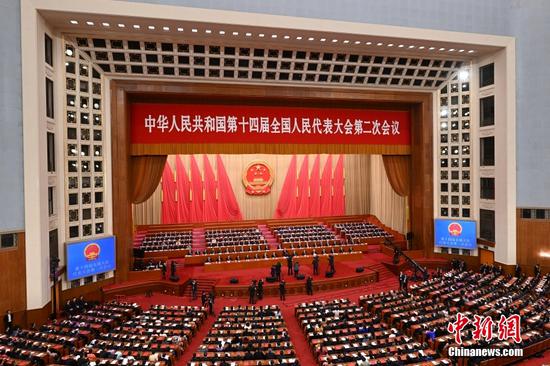

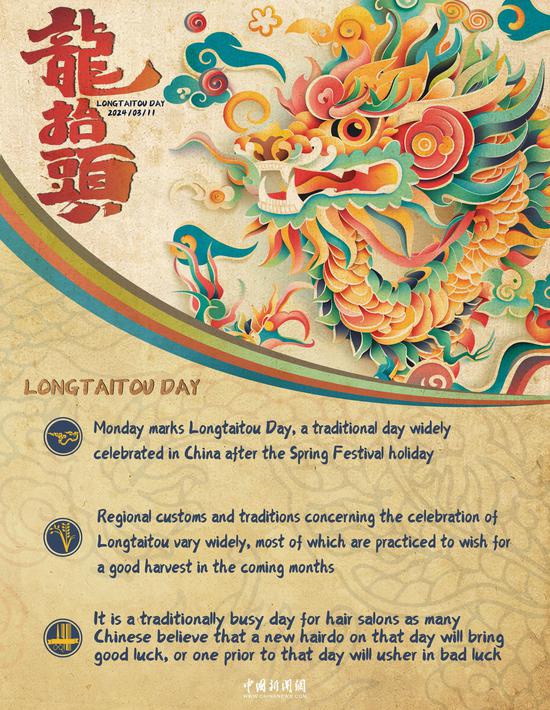

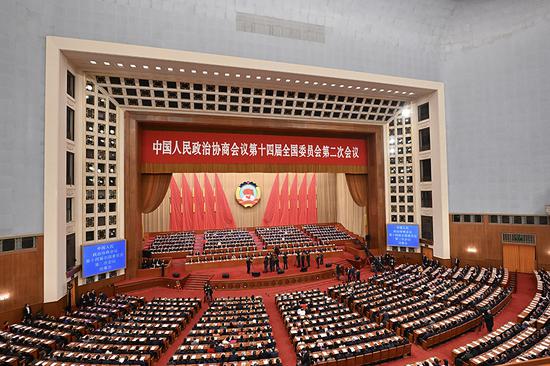
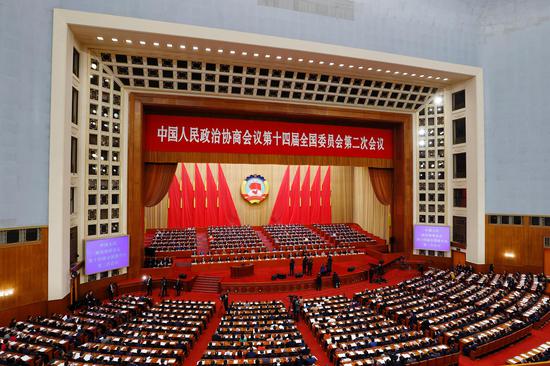

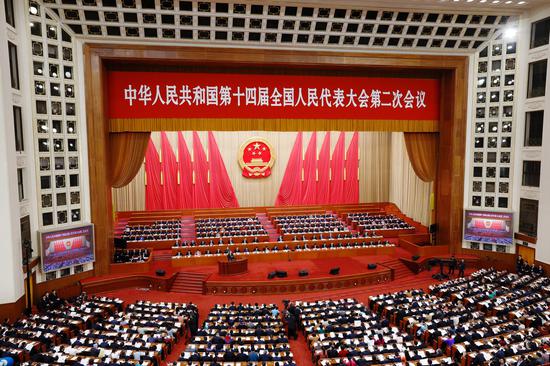

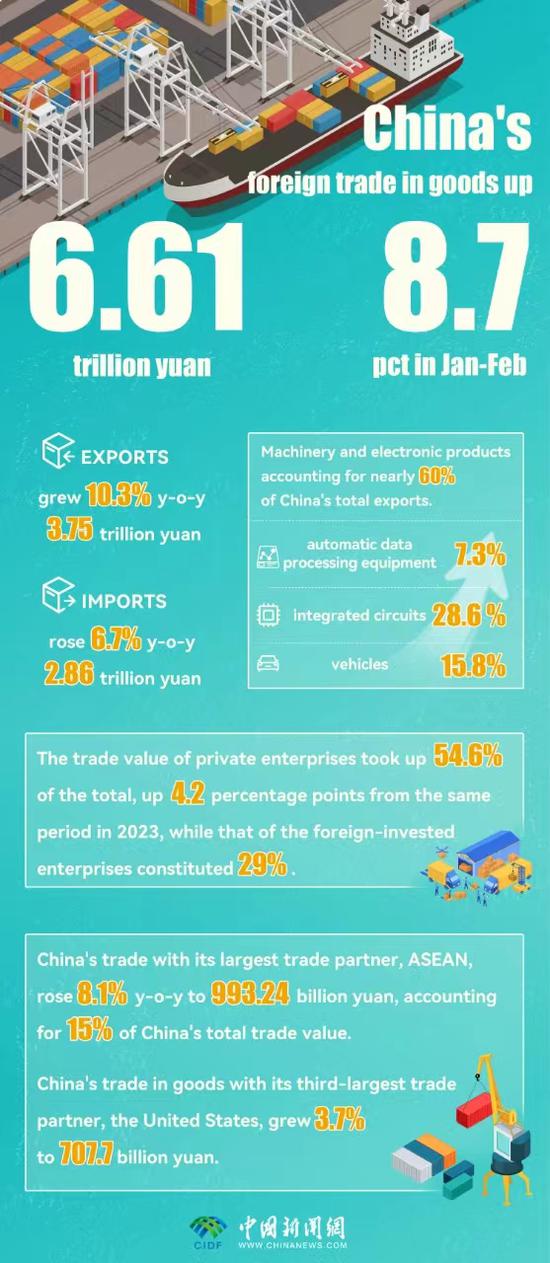







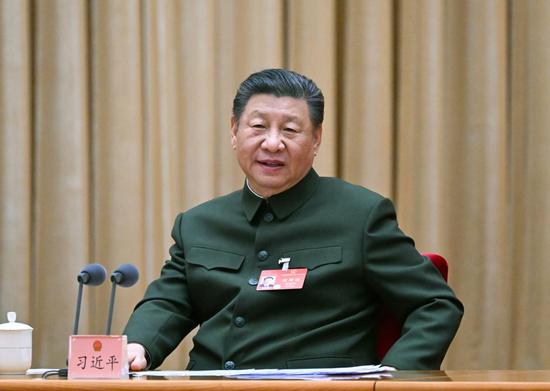


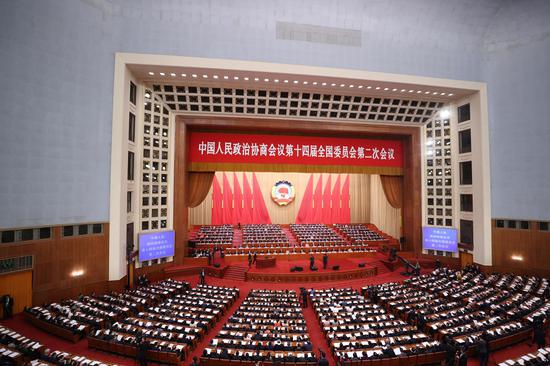
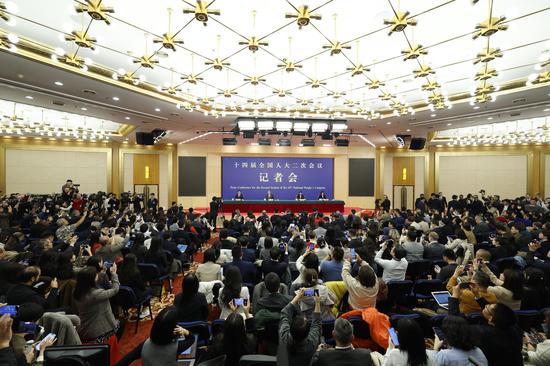

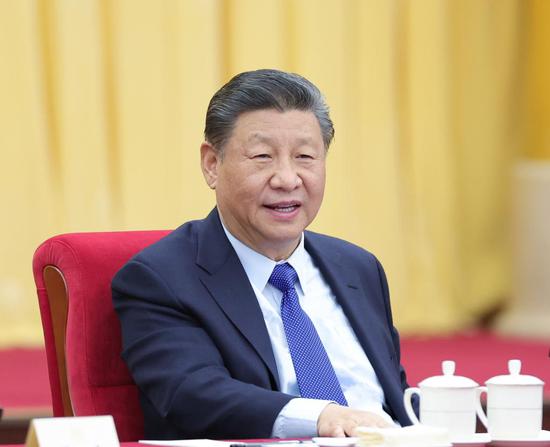





 京公网安备 11010202009201号
京公网安备 11010202009201号